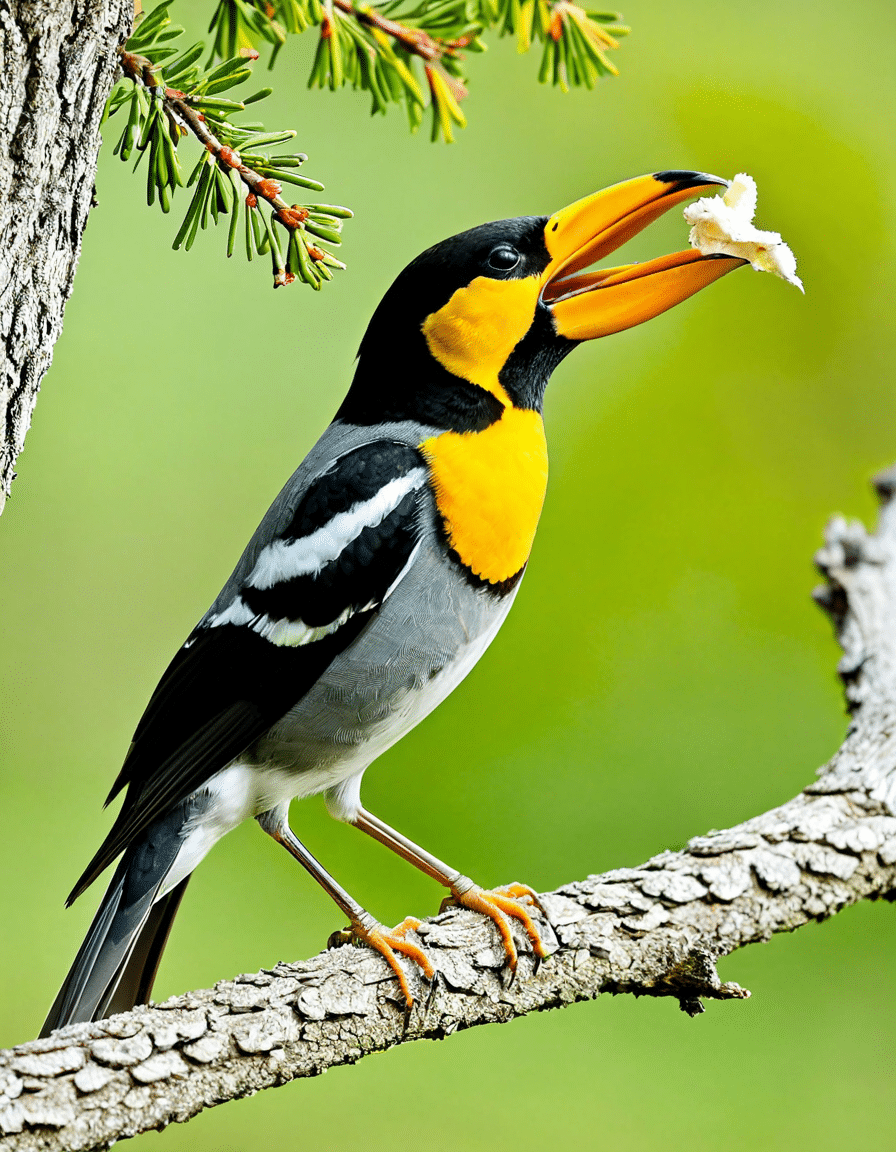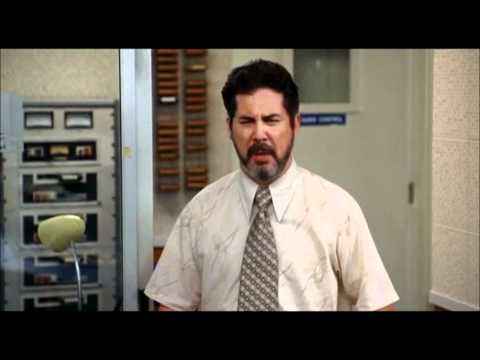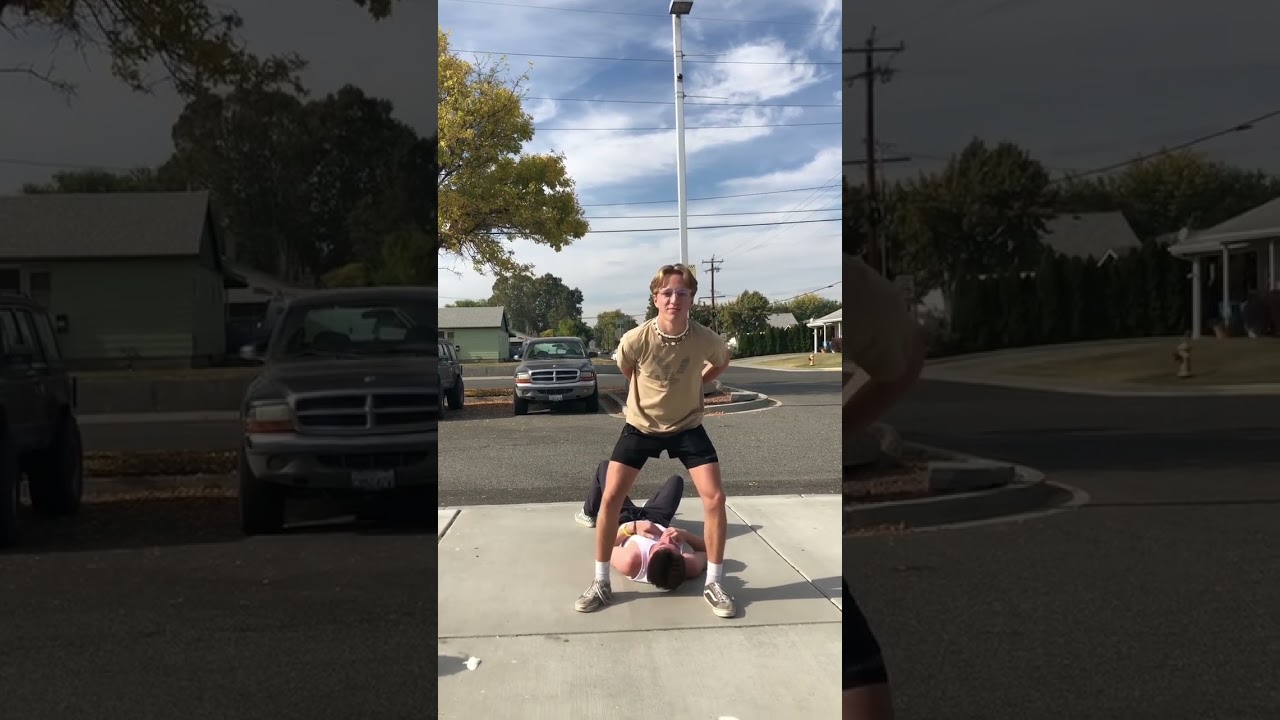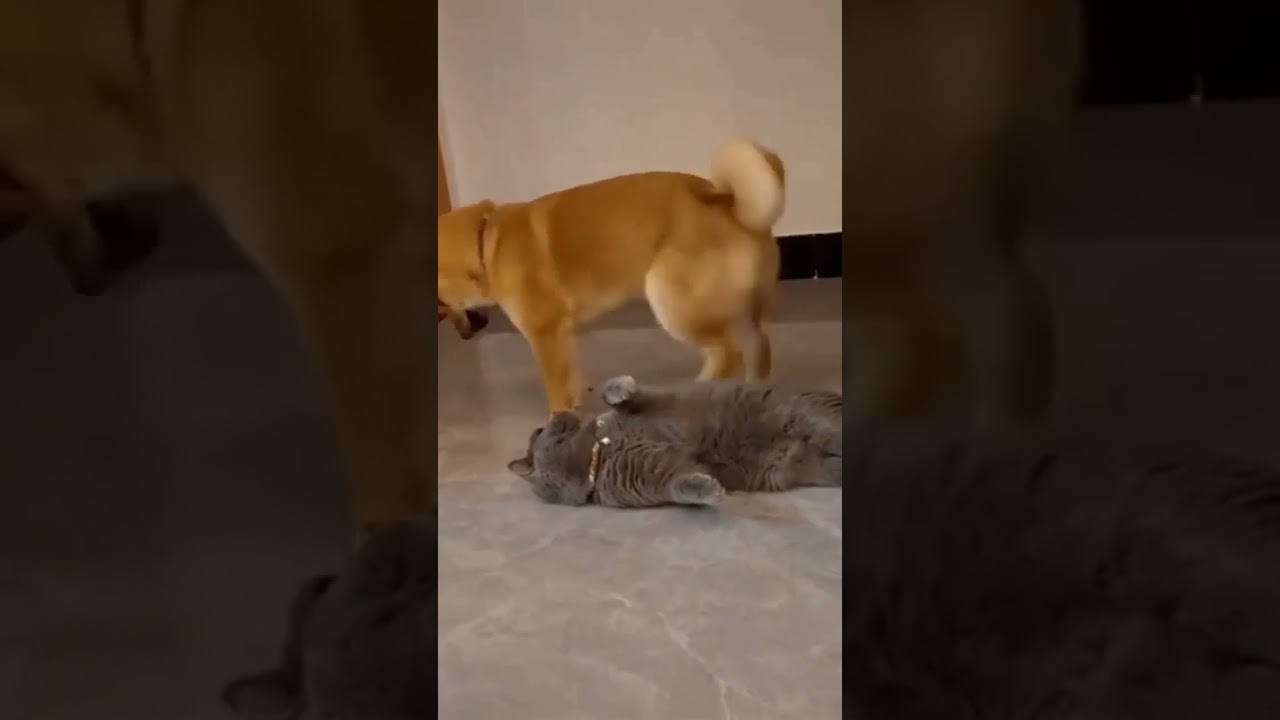The phrase pooping in mouth might elicit disgust and bewilderment, but it’s essential to dive deeper into why some animals, particularly dogs, engage in this behavior. While it sounds shocking, this act, known as coprophagia, can stem from various reasons, including instinctual biology, nutritional deficiencies, or stress-induced behaviors. To better understand this unusual practice, let’s explore the causes, risks, and prevention methods associated with it.
Rethinking Pet Behavior: Understanding ‘Pooping in Mouth’
When you hear the term pooping in mouth, you may cringe, but let’s think about it through a broader lens. Dogs and many other animals have instincts that drive certain behaviors that may seem unacceptable to us. This impulse can perplex even the most seasoned pet owners. Gaining insight into these behaviors may help owners respond compassionately and effectively.
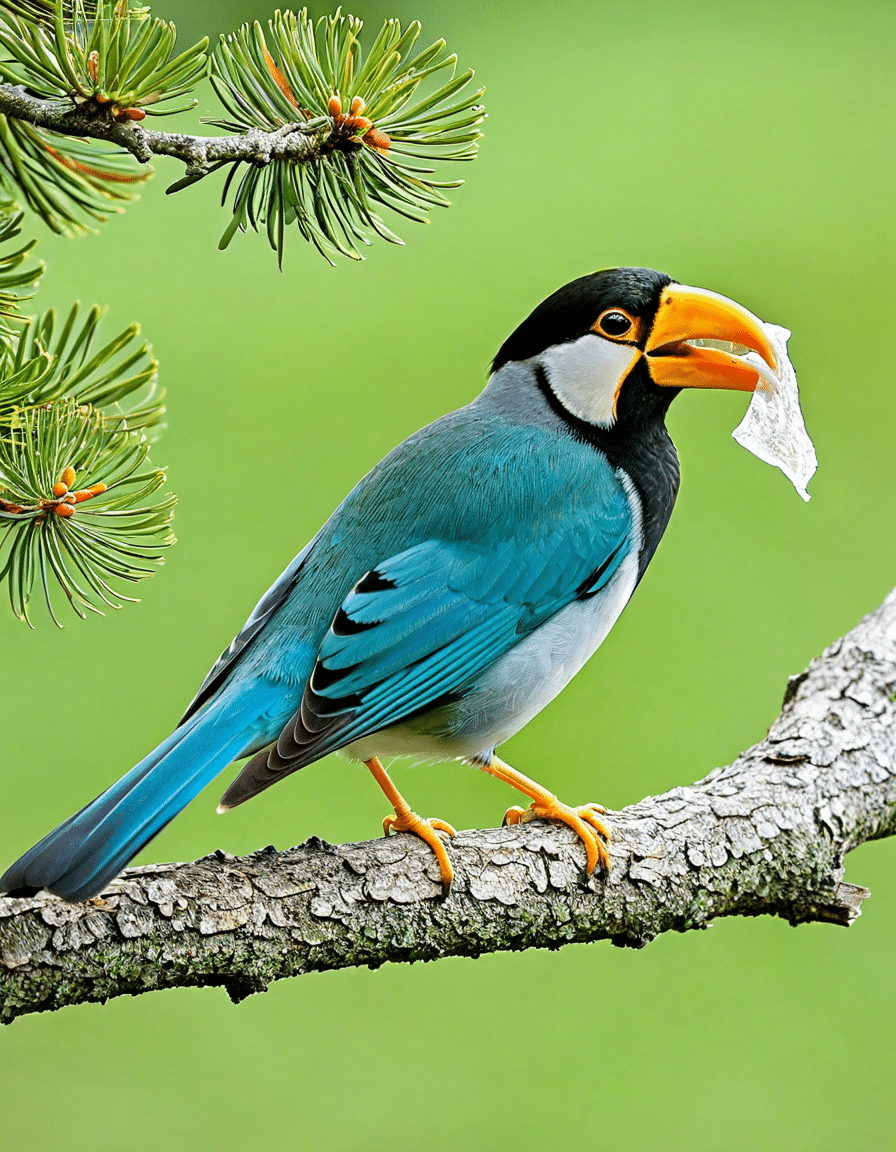
Top 5 Reasons Why Animals Might Engage in ‘Pooping in Mouth’
Many dogs eat feces due to a survival instinct. This behavior, known as coprophagia, has roots dating back to their wild ancestors who scavenged for food. Certain breeds, like the mix husky malamute or Dachshunds, seem more inclined to indulge in this behavior due to their hunting lineage.
If your pup’s diet lacks essential nutrients, they may turn to their own feces as a way to bounce back nutritionally. Dogs can sometimes find undigested nutrients within their stool. Diets deficient in fiber or protein might contribute to this behavior, making it vital to consult your vet if you suspect this to be an issue. Brands like Hill’s Science Diet offer well-balanced options to help improve your dog’s nutritional intake.
Dogs are sentient beings and can experience anxiety. Sudden changes, like moving houses or new pet introductions, can trigger behaviors that might include coprophagia. Anxiety management strategies become crucial here. Seek help from certified trainers, like those from the Association of Professional Dog Trainers, who can introduce effective behavioral therapies.
Have you ever noticed your dog acting out for your attention? Sometimes, dogs engage in pooping in mouth just to get a reaction from their owners. This means that if you respond strongly when you catch them, you might inadvertently encourage the behavior. Utilizing positive reinforcement when your dog ignores feces can yield better outcomes, shaping their actions over time.
It’s also important to consider that coprophagia can indicate underlying health concerns. Parasites like giardia, gastrointestinal issues, or malabsorption problems might compel dogs to munch on their stool. If this behavior happens suddenly and persists, consult your veterinarian for a thorough checkup to rule out potential health problems.
The Impact of ‘Pooping in Mouth’ on Pet Health: Exploring the Risks
The health implications of pooping in mouth can ring alarm bells for pet owners. Consuming feces can expose dogs to harmful bacteria, viruses, and parasites. For example, a dog eating other animals’ feces could become infected with parasites like roundworms. Regular vet visits become essential to monitor your dog’s health, especially if you’ve noticed concerning behaviors.
Another soupçon of danger lies in the potential for disease transmission. Dogs can contract illnesses, which can be costly to treat. Owners must stay informed and proactive, keeping vet checkups on their calendar to promptly address any possible health risks tied to this behavior. The bottom line is that pets can suffer health consequences from coprophagia, making attention to their behavior vital.
How to Prevent ‘Pooping in Mouth’ Behavior in Pets
Now that we understand why dogs might engage in this behavior, parents can employ several strategies to manage and prevent it from occurring:
Re-evaluating your dog’s diet is a smart first step. Poor nutrition can easily prompt this behavior. Consulting your vet can lead you to appropriate diet options. Brands like Royal Canin provide specially formulated food that addresses nutritional deficiencies, potentially curbing the urge to eat feces.
Implementing behavioral modification techniques can effectively manage anxiety or attention-seeking behaviors that lead to coprophagia. Use positive reinforcement when your dog ignores feces, rewarding good behavior, and thus creating a positive learning environment.
Keeping your yard clean and promptly picking up feces can limit your dog’s ability to access their waste. Consider how your pet’s space looks, and ensure they don’t have unsupervised access to poop. Setting up confined areas for their potty needs can also prevent unwanted behavior.
Think of physical activity as an outlet for pent-up energy and stress in pets. Regular exercise reduces stress, decreasing anxiety-related behaviors like coprophagia. Activities such as long walks, vigorous play, or even doggy daycare can keep your dog physically and mentally stimulated.

Final Thoughts on ‘Pooping in Mouth’: Unveiling the Mystery
Understanding the pooping in mouth phenomenon isn’t just for shock value; it’s about providing the best care for our furry companions. By identifying the root causes, such as instinctual behavior, nutritional needs, or anxiety, owners can tackle these issues head-on. It’s essential to be proactive in addressing these behaviors through diet improvements, training, and environmental factors.
Breaking the stigma surrounding unusual pet actions fosters a deeper understanding and lends itself to better pet care practices. By stepping up and arming yourself with knowledge, you’ll help ensure a healthier, happier life for your furry friend. Pets rely on us for guidance; let’s make that guidance informed, compassionate, and effective.
Pooping in Mouth: Shocking Facts You Need to Know
The Shocking Reality of Pooping in Mouth Incidents
You might think pooping in mouth sounds like a gruesome urban legend, but there are genuine cases where pets have been involved in such shocking events. While many pet owners are horrified at the idea, it often traces back to unintentional actions by the animal or its owner. For instance, dogs are notorious for their curious nature, and sometimes, they might ingest things that can lead to a gag reflex or vomit, making it a surprise to their owners. If you’ve ever seen your pup happily munching on something they shouldn’t, you might understand the humor behind it—even if it’s a little gross! After all, behavior like this can stem from normal dog antics, which can be as random as mixing different dog breeds, like a mix husky malamute.
Know the Signs and Symptoms
Recognizing the symptoms of this bizarre behavior is key for any pet owner. Dogs and cats can exhibit various alarming signs, such as vomiting or even diarrhea. For example, if you notice your dog has a drippy nose or shows signs of distress after getting into something they shouldn’t have, it could lead to more than just a messy encounter. Sometimes, pet owners might also panic if their dog has yellow diarrhoea in Dogs, linking it to poor dietary choices or related health issues. Understanding these signs not just helps in addressing them but can also save you from potential vet visits.
Trivia That Might Surprise You
And here’s a fun tidbit that might add some lightness to the topic! Did you know that certain movies, like those involving filmmakers such as Patrick Cutler and Davis Guggenheim, touch on unusual animal behaviors? They may not focus on pooping in mouth scenarios, but they certainly illuminate how hilariously odd life with pets can be. Furthermore, if you’re dealing with unwanted dog guests trampling your lawn, you can find ways to repel Dogs From lawn areas. Sometimes, taking a creative approach to managing pet behavior can prevent these messy surprises altogether!
When it comes to addressing odd behavioral patterns in your pets—or figuring out treatments for high cortisol levels in females—we can’t stress enough how important it is to be proactive. Being informed means you’re one step closer to keeping those unforeseen mishaps at bay!
